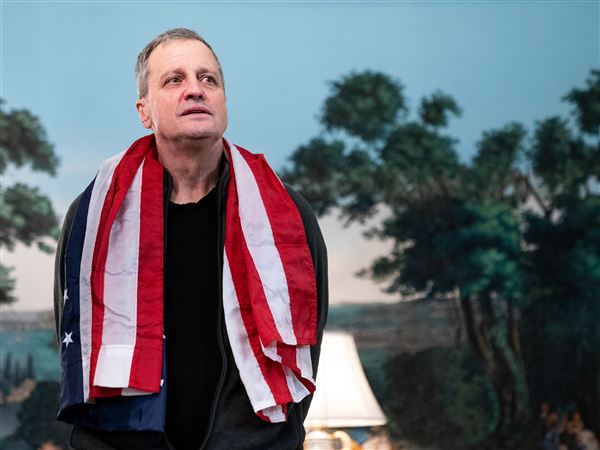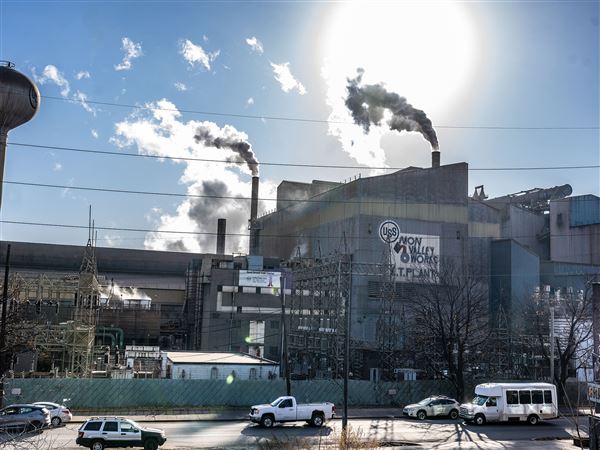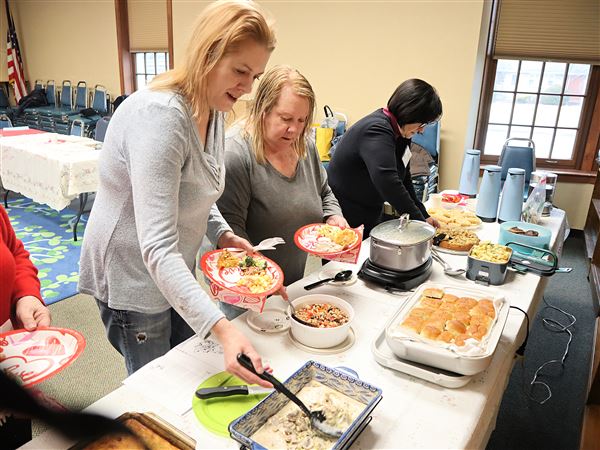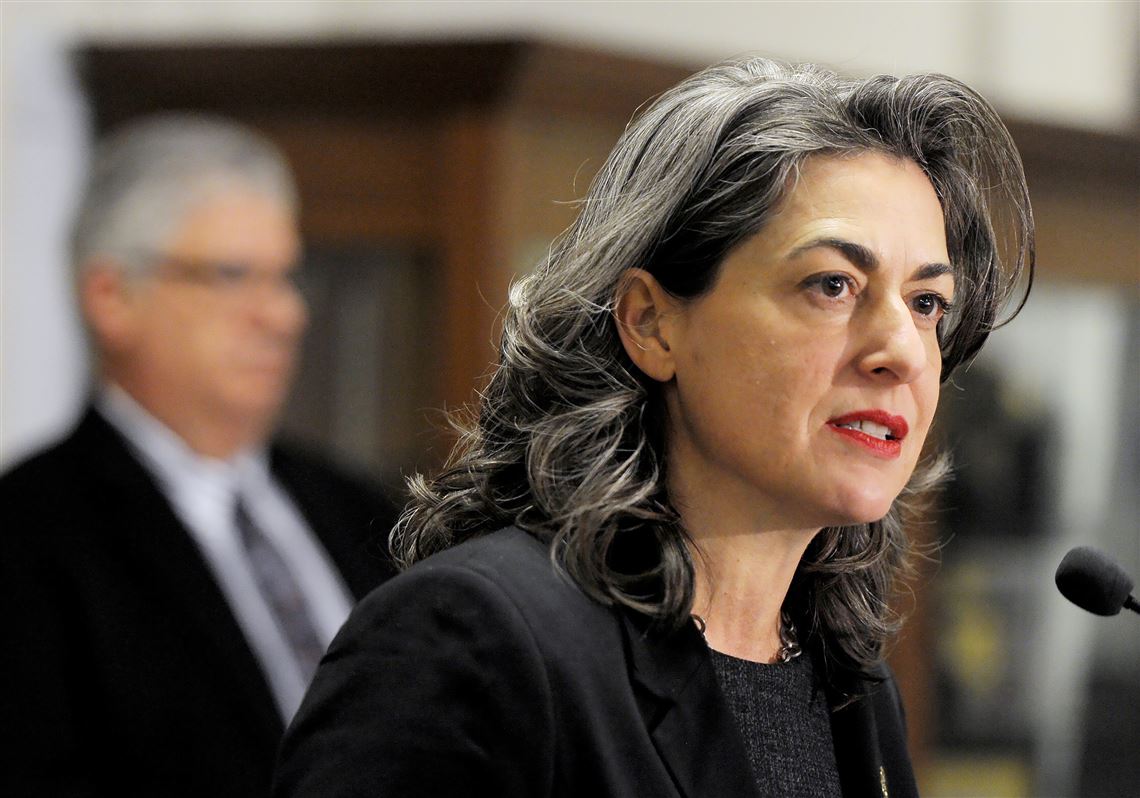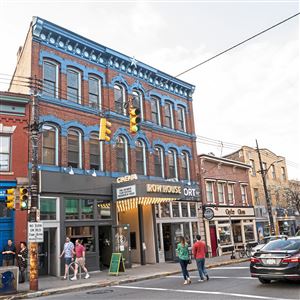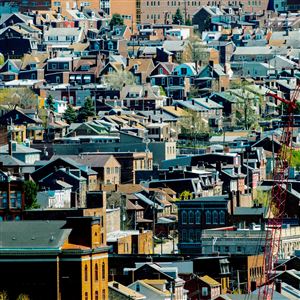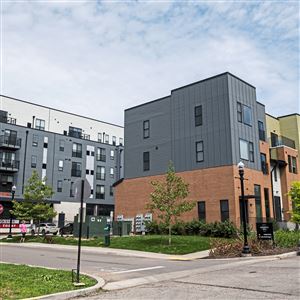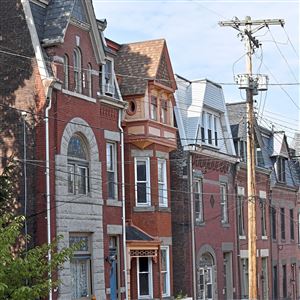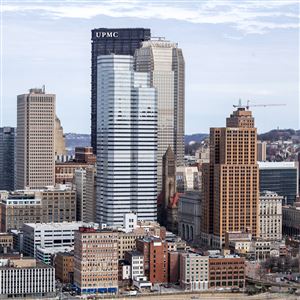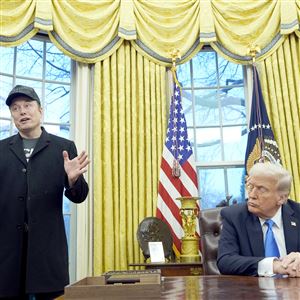The Pittsburgh Planning Commission unanimously recommended an affordable housing measure for Lawrenceville Tuesday after nearly 40 community members wearing “Keep Pittsburgh Home” shirts and buttons expressed concerns over rising costs in the hot-market neighborhood.
“I am ecstatic, and I am so happy for the people of Lawrenceville who have been working on this so hard for the last couple of years,” said Councilwoman Deb Gross, who introduced the legislation in February. Ms. Gross represents District 7, which includes Lawrenceville.
For two hours, Lawrenceville residents and community leaders from across the city testified in favor of the special zoning designation — called inclusionary zoning — that would require developers to make 10% of units affordable in any new project in Lawrenceville that has at least 20 units.
If passed by council, the measure would be piloted for 18 months.
“I bought my home in 2014. In the brief time I’ve lived there, the cost of housing has escalated so much, I could no longer afford to buy my house. I love Lawrenceville,” said Nancy Gippert. “I don’t want my neighborhood to turn into a gated community for the upper 10%.”
“Every minute that we wait, we are losing affordable homes. It’s time to stop exploring and start putting the ideas into action,” said Joanna Deming, executive director of the Perry Hilltop Citizens Council, who “hopes that [inclusionary zoning] will be expanded to the rest of the city.”
Ms. Gross said the plan has been in the making since 2015 when she first met with the community groups Lawrenceville United and the Lawrenceville Corporation.
Dave Breingan, executive director of Lawrenceville United, said that though the neighborhood’s crime rate decreased and the business district is booming, rising housing costs have pushed out a third of Lawrenceville’s black population and a quarter of its homeowners over the past three years.
According to a 2017 Pittsburgh Post-Gazette analysis, the neighborhood lost 120 units that accepted Section 8 housing vouchers for low-income residents between 2011 and 2016. Roughly 300 Somali Bantu refugees who used to live there pointed to housing costs for moving.
“At the end of the day, this is about, ‘What kind of community are we planning for?’” he said.
Two people spoke against the measure, including Brandon Mendoza, head of the NAIOP Commercial Real Estate Development Association local chapter, who said other hot markets around the nation “have not seen the units that [inclusionary zoning] promised.”
The bill now returns to council for an additional public hearing and vote, possibly stretching into the summer, according to Ms. Gross’ office.
Ashley Murray: 412-263-1750, amurray@post-gazette.com or @Ashley__Murray
First Published: April 23, 2019, 11:07 p.m.
